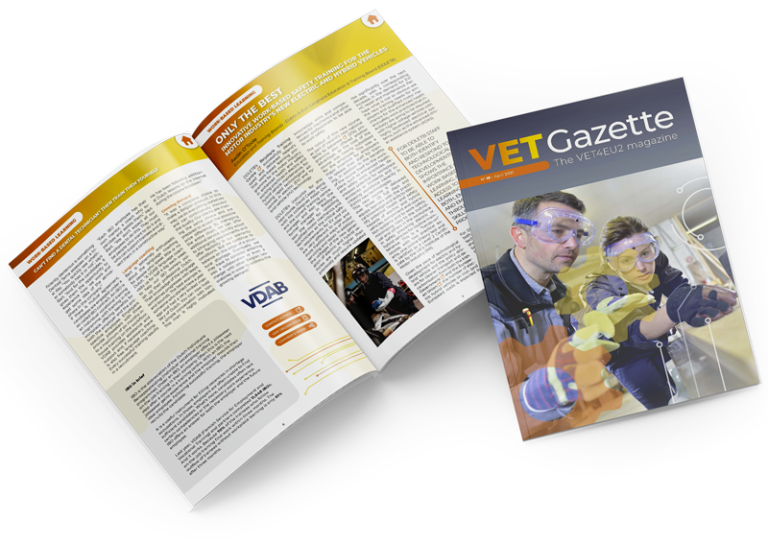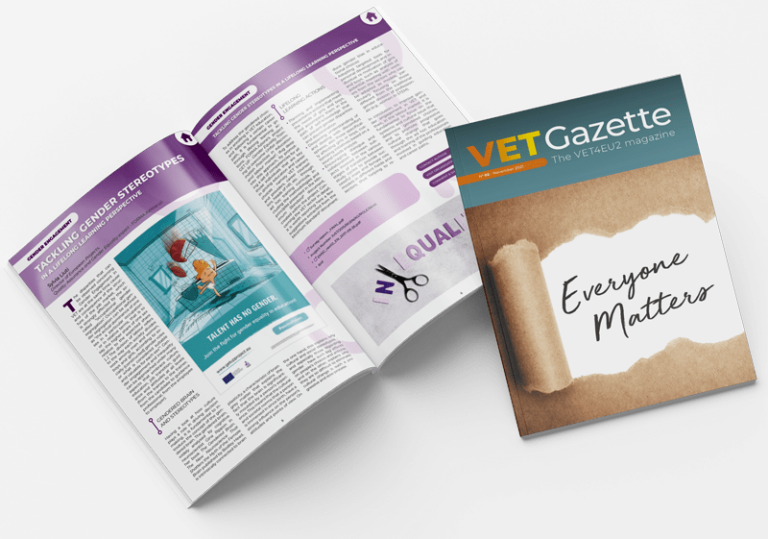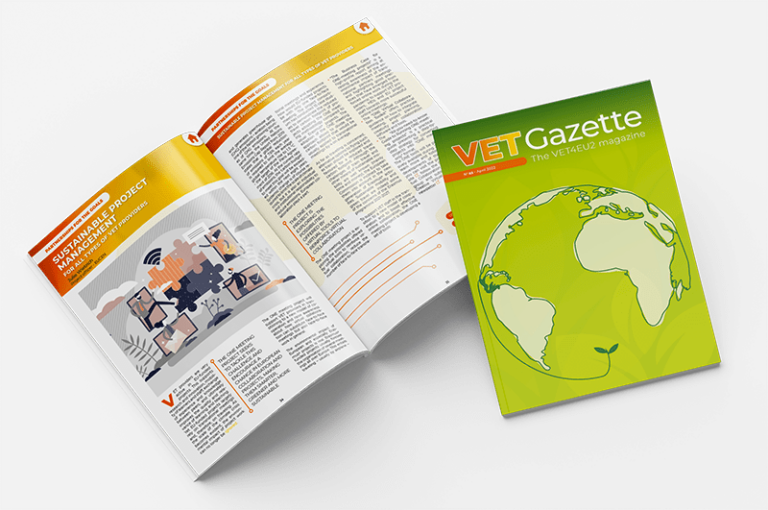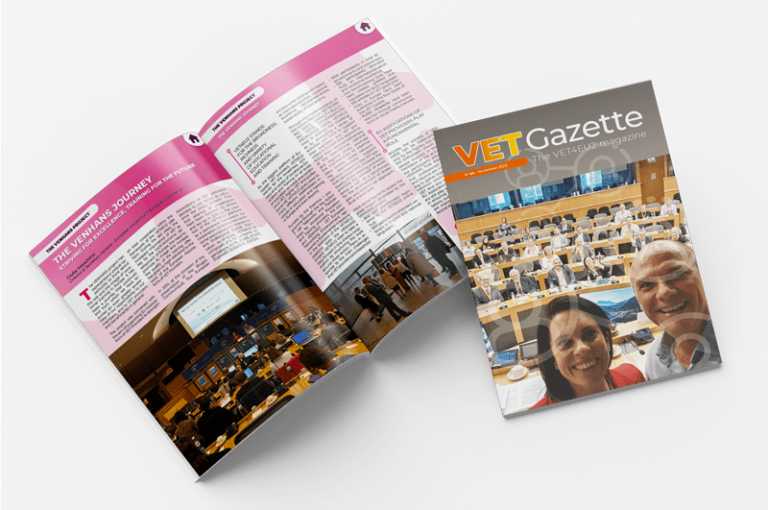Over the last decade, the issue of Sustainability has gained a higher degree of prominence at a national level in Malta, be it in new legislation, work practices, lifestyle and education. The publication of the 17 SDGs in late 2015 helped in a significant way to reinforce this drive.
Looking from the perspective of VET, the Malta College of Arts, Science and Technology (MCAST), which is the major PVET (Professional and Vocational Education and Training) centre in Malta, addresses a substantial number of SDG’s, apart from SDG 4, in its curricula. In addition, MCAST also strives to integrate Sustainability and the SDG’s seamlessly in its actions, initiatives and operations.
It may be stated that in general terms MCAST addresses the matter by:
- Incorporating Sustainability and the SDGs in its curricula;
- Adopting a practical approach to Sustainability within its organisation, its campuses and its operations;
- Supporting research and innovation linked to Sustainability and the SDG’s;
- Participating in Sustainability related fora and initiatives;
A closer look at these points gives more details:
1. Incorporating Sustainability and the SDG’s in its curricula
As a PVET institution, MCAST has developed numerous accredited courses related to Sustainability and the SDG’s. Apart from this, other courses are blended with contributions related to Sustainability. In this way, learners are introduced and strengthened in their knowledge of the subject.
A few examples of the courses delivered are: Advanced Diploma and Bachelor’s Degree courses in Environmental Sustainability, Health Services, Food Technology, Environmental Engineering, Environmental Health, Nursing, a wide range of Agriculture and Aquaculture related courses, Entrepreneurship, Health and Social Care, Inclusive Education. Sustainability is also addressed and included in numerous Engineering related courses.
MCAST also offers a selection of Master’s Degrees, some of which are directly linked to Sustainability, such as: MSc in Environmental Engineering, MSc in High Performance Buildings, MSc in Integrated Water Resource Management, MSc in Lean Enterprise, MBA for Small Businesses. In addition, a Bachelor’s degree in VET and a Master’s in VET Applied Research are also provided.
2. Adopting a practical approach to Sustainability within its organisation, its campuses and its operations
MCAST is convinced that the commitment to Sustainability is best evidenced through tangible actions that contribute to this goal. Over the years, MCAST has embraced a Green Campus approach and implemented a number of initiatives within its organisation. These include:
- All new constructions on its campuses are energy efficient;
- The installation of hundreds of PV panels on its campuses;
- Water wastage control;
- Paper use reduction: going electronic wherever possible;
- Recycling of used water to maintain a Green Roof System that grows shrubs and plants;
- Waste separation;
3. Supporting research and innovation linked to Sustainability and the SDG’s
The MCAST R&I department works in various research areas related to Sustainability and the SDG’s. These include substantial research in water technology and renewable energy. The MCAST also runs a Water Research and Training Centre. The R&I effort is consolidated through participation in various international projects related to these areas of interest but not only.
The R&I department is also working on research on AI and VR technologies that can be utilised in PVET delivery. The College has also published its strategic plan related to AI. MCAST regularly publishes a Journal of Applied Research and Practice that illustrates its initiatives.
4. Participating in Sustainability related fora and initiatives
MCAST understands that in the modern world we are living in, international networking and partnerships are essential factors to be able to strive, evolve and move forward. Therefore, the participation in international networks and fora is key to ensure that the goals set and effort done at organisation level are congruent with the global direction where Sustainability and the SDG’s are at the forefront of the agenda of these fora.
An example is that MCAST, the only UNEVOC Centre in Malta, works closely with the UNESCO UNEVOC Office in Bonn, Germany in a number of key areas, including Sustainability and the SDG’s. MCAST is both a contributor and a beneficiary of knowledge related to Sustainability through UNESCO UNEVOC’s extensive global network. In fact, MCAST was the main coordinator of the BILT project (Bridging Innovation and Learning in TVET) related to Greening. MCAST is also one of the first 10 global UNEVOC Centres to become an Innovation hub in 2019.
Conclusion
Sustainability is a subject that many institutions talk about. Yet, a gap exists between what is said and what is effectively done. MCAST believes that actions speak louder than words and is committed to maintain Sustainability and the SDG’s in its focus as it grows and moves forward.








Responses